Storm Damage Claims
Cause and Effect of Storm Damage in Florida:
Causes:
Tropical Cyclones: Florida is highly susceptible to tropical storms and hurricanes due to its geographical location. Warm ocean waters provide the necessary energy for the formation and intensification of these storms.
Hurricane Alley: Florida is situated in the Atlantic Hurricane Alley, a region known for frequent hurricane activity. This geographical placement exposes the state to a higher likelihood of hurricane impacts.
Warm Climate: Florida’s warm and humid climate contributes to the formation and strengthening of storms. The warm air over the ocean’s surface creates conditions conducive to the development of powerful storms.
Low-lying Topography: Florida’s low-lying topography makes it susceptible to storm surge—a significant contributor to coastal flooding during hurricanes. The flat terrain allows storm surges to travel farther inland.
Thunderstorms: The state experiences frequent thunderstorms, especially during the summer months. These storms can bring heavy rainfall, strong winds, and lightning, contributing to localized flooding and wind damage.
Effects:
Wind Damage: Strong winds associated with tropical storms and hurricanes can cause extensive damage to buildings, infrastructure, and vegetation. Roof damage, uprooted trees, and power line disruptions are common outcomes.
Storm Surge: Storm surge, a rise in sea level caused by a hurricane’s winds, poses a severe threat to coastal areas. It can result in widespread flooding, damaging homes, roads, and other coastal infrastructure.
Flooding: Heavy rainfall during storms often leads to flooding, both inland and along coastal areas. Flash floods and river flooding can impact communities, causing damage to homes and disrupting transportation.
Erosion: Storms contribute to coastal erosion, as the combination of strong winds and storm surges can wash away beaches and damage protective dunes. This has long-term impacts on coastal ecosystems and infrastructure.
Power Outages: Falling trees and damaged power lines during storms can lead to widespread power outages. This not only affects homes but also disrupts essential services and businesses.
Insurance Claims: Storm damage prompts a surge in insurance claims as property owners seek compensation for losses. The economic impact of these claims can be significant, affecting both homeowners and insurance companies.
Community Displacement: Severe storm damage may necessitate evacuations and temporary displacement of residents. This can strain emergency management resources and impact the well-being of affected communities.
Understanding the causes and effects of storm damage in Florida is crucial for preparedness, response, and mitigation efforts to minimize the impact of these natural disasters on both individuals and the broader community.
Recognizing and Preparing for a Storm:
-
Monitoring Weather Alerts: Stay informed about weather forecasts and warnings from reputable sources. Pay attention to storm advisories, especially during hurricane seasons.
-
Understanding Local Risks: Identify the specific storm risks in your area, such as flooding, high winds, or storm surges. Tailor your preparation efforts based on these potential impacts.
-
Emergency Kit: Assemble an emergency kit that includes essential supplies like water, non-perishable food, medications, flashlights, batteries, and important documents. Have enough supplies to last at least 72 hours.
-
Evacuation Plan: Familiarize yourself with evacuation routes and have a plan in place if you need to evacuate. Know the location of nearby shelters and have transportation arrangements.
-
Securing Property: Reinforce doors and windows, trim trees, and secure outdoor furniture to minimize potential damage. Consider investing in storm shutters or impact-resistant windows.
Noticing Storm Damage and Taking Action:
-
Safety First: After a storm, prioritize safety. Watch out for downed power lines, unstable structures, and other hazards. Do not enter damaged buildings until authorities deem it safe.
-
Documenting Damage: Thoroughly document the storm damage with photographs and written descriptions. Capture both the overall damage and specific details. This evidence is crucial when filing an insurance claim.
-
Contacting Global Public Adjusters: In the aftermath of a storm, reaching out to Global Public Adjusters is imperative. Our team of experienced professionals specializes in assessing and documenting storm-related damages.
-
Professional Assessment: Global Public Adjusters will conduct a comprehensive inspection of your property, identifying all damages and losses. Our expertise ensures that no detail is overlooked during the assessment.
-
Insurance Claim Preparation: Our adjusters will assist in preparing and filing your insurance claim. This includes compiling all necessary documentation, communicating with the insurance company, and advocating for your maximum entitlement.
-
Maximizing Compensation: Global Public Adjusters work diligently to maximize your compensation. Our negotiation skills and understanding of insurance policies enable us to secure the best possible settlement for your storm-related losses.
-
Fast Recovery: Partnering with Global Public Adjusters expedites the claims process, facilitating a faster recovery. Our goal is to help you get back to normal daily life as swiftly as possible.
Conclusion:
Recognizing storm risks, preparing in advance, and responding promptly to storm damage are crucial steps in safeguarding your property and expediting recovery. When faced with storm-related losses, contacting Global Public Adjusters becomes imperative for a professional and effective approach to insurance claims, ensuring that you receive the maximum compensation and can resume normalcy swiftly.
Water Damage

Hurricane Damage Claims
Mold Damage
Roof Damage

Hail Damage Claims

Cast Iron Pipe Claims
Polybutylene Pipes

Blasting Damage

Lightning Damage

Tornado Damage
Fire Damage

Sinkhole Damage

Theft Damage
Business Loss
Understand "The Insurance Claim Process" with Global Public Adjusters. We'll assist you all the way through the claim till you get your correct cash award settlement.

In the case where a claim might have already been denied it is no problem to reopen the case and request a reevaluation of the factors and policy terms.

In a case where the insurance company has come up with too low an initial offer than expected, Global Public Adjusters will file for a reappraisal of the claim.
